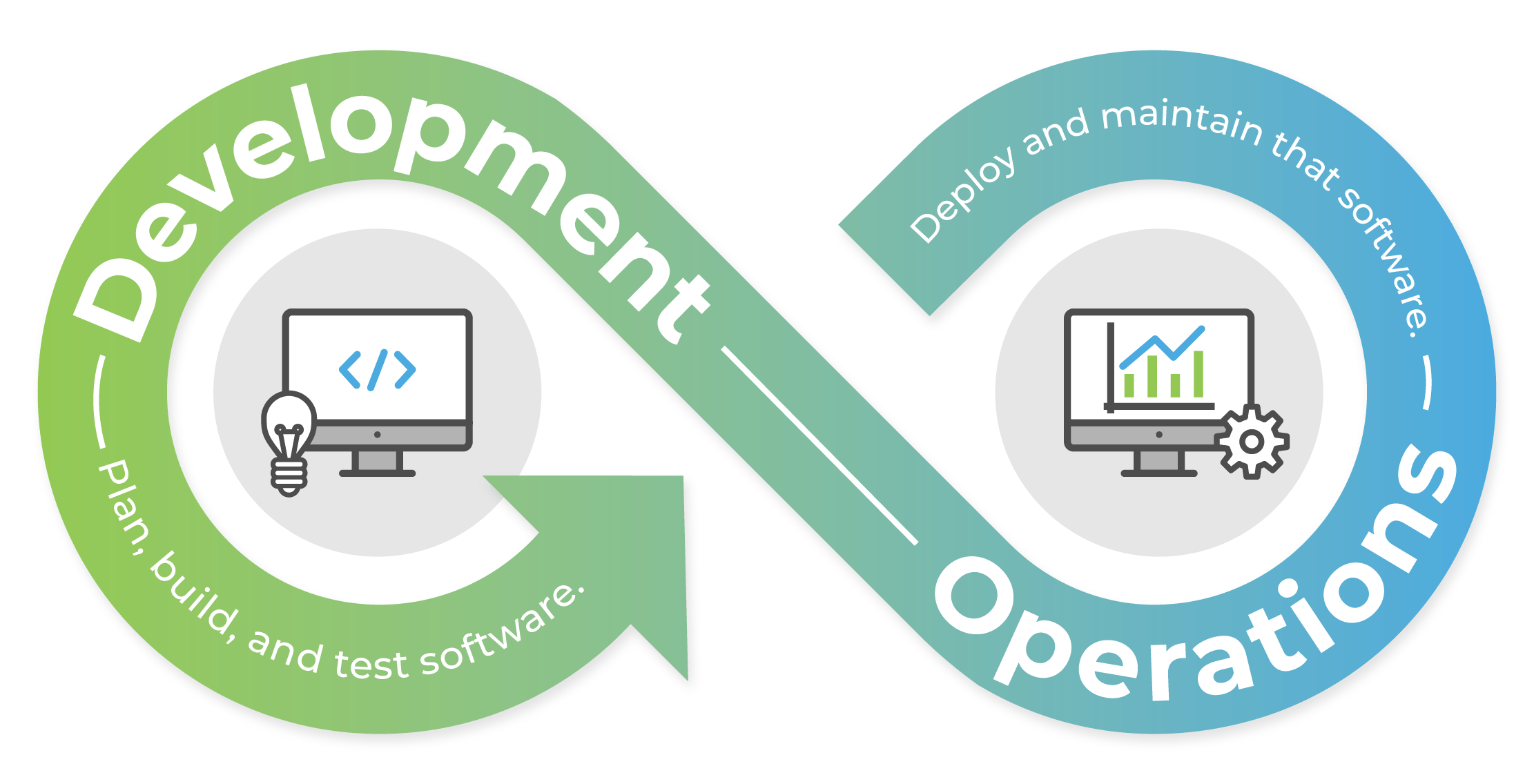As an IT manager, you are always on the lookout for ways to improve your team’s efficiency and productivity. One approach that has gained significant popularity in recent years is DevOps. DevOps is an approach to software development and delivery that emphasizes collaboration, automation, and continuous improvement. In this article, we will explore how DevOps can benefit IT managers and their teams.
How Collaboration, Automation, and Continuous Improvement Can Drive Success
Collaboration: DevOps encourages collaboration between development and operations teams, which traditionally work in silos. By breaking down these barriers, DevOps fosters a culture of shared responsibility, where everyone is invested in the success of the software development process. IT managers can benefit from this collaboration by having a more comprehensive view of the development process, identifying bottlenecks and roadblocks, and making informed decisions to improve efficiency.
Automation: DevOps relies heavily on automation to speed up the software development and delivery process. Automation eliminates manual and repetitive tasks, reduces errors, and increases consistency. IT managers can benefit from automation by freeing up their team’s time to focus on higher-value activities, such as innovation and strategic planning. Moreover, automation reduces the risk of human error, which can be costly in terms of time, resources, and reputation.
Continuous Improvement: DevOps is a continuous improvement process that seeks to identify areas of improvement and implement changes to drive efficiency and quality. DevOps teams measure and analyze performance metrics to gain insights into the software development process, identify bottlenecks and inefficiencies, and optimize workflows. IT managers can benefit from this continuous improvement approach by having a data-driven approach to decision-making, making informed decisions based on real-time data.
Implementing DevOps in Your Organization Implementing DevOps in your organization requires a mindset shift and a commitment to change. Here are some steps you can take to implement DevOps successfully:
- Start with a pilot project to test the DevOps approach and evaluate its benefits.
- Establish a culture of collaboration, where everyone is invested in the success of the software development process.
- Automate repetitive and manual tasks to free up your team’s time and reduce errors.
- Measure and analyze performance metrics to gain insights into the software development process and identify areas of improvement.
- Implement changes based on data-driven insights to optimize workflows and drive efficiency.
Conclusion DevOps is a proven approach to software development and delivery that can benefit IT managers and their teams. DevOps encourages collaboration, automation, and continuous improvement, leading to faster and higher-quality software delivery. Implementing DevOps requires a mindset shift and a commitment to change, but the benefits are well worth the effort. IT managers who embrace DevOps can expect to see improved efficiency, productivity, and innovation in their organizations.



